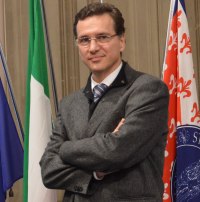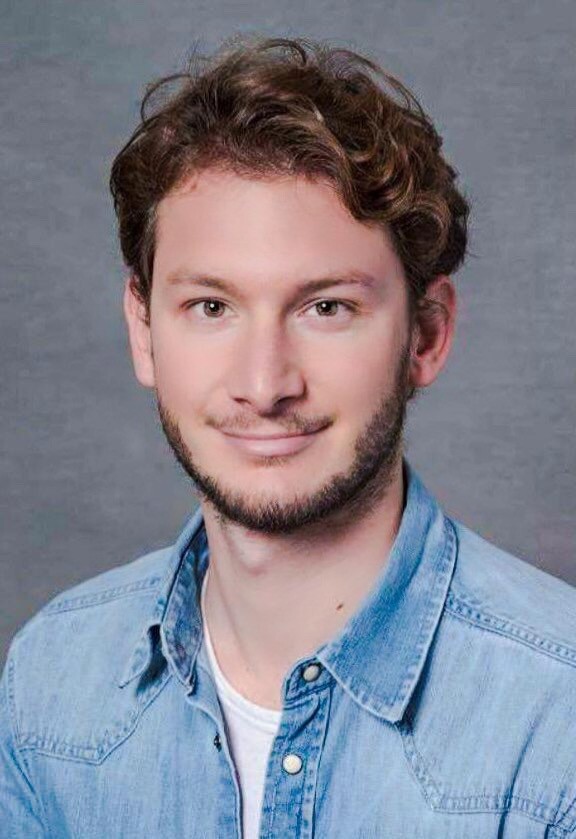
The Department of Physics and the European Laboratory for Non-Linear Spectroscopy (LENS) at the University of Florence (UNIFI) in Italy is a multidisciplinary centre working on advanced optical microscopy techniques and novel imaging modalities that bridge different spatial and temporal scales for high-challenging biomedical applications, focusing particularly on neuroimaging. Research targets range from single molecule biophysics problems, up to single cell and complex cell environments, such as tissues and whole organs. Biological problems that are currently studied span from nano- to micro-, meso- and macroscales in the spatial domain, from milliseconds up to months in the temporal domains.
UNIFI in HyperProbe
The UNIFI team has a broad range of expertise in the areas of biomedical and biological optical microscopy and imaging. They have access to: (i) a number of top-level optical laboratories equipped to develop and house laser- and light-based instrumentation under required safety measures; (ii) a number of chemical laboratories equipped to handle all type of chemical and biological substances; (iii) a mechanical workshop for manufacturing machinery and mechanical components; and (iv) an electronic workshop for manufacturing electronic components. UNIFI designs, develops, and conducts preliminary testing on the lab-version of the HyperProbe system, as part of WP.1.
Francesco Saverio Pavone
Francesco Saverio Pavone is a Full Professor at the Department of Physics of UNIFI and directs a research group at LENS and UNIFI working in the field of biophotonics on single molecule biophysics, microscopy imaging-spectroscopy techniques, biomedical imaging, laser manipulation of bio-samples. In particular, he is developing new microscopy techniques for high resolution and high sensitivity imaging, and for laser manipulation purposes. These techniques have been applied both for single molecule biophysics, single cell imaging and optical manipulation. Tissue imaging is another research area developed, where non-linear optical techniques have been applied for skin and neural tissue imaging also in-vivo. Pavone is authors of many international papers and editor of international books. He has more than 100 invited talk and he is editor of international journals. He has been Director of the European Laboratory for Non Linear Spectroscopy in Florence from 2013 to 2019. He coordinates several European and international projects among HyperProbe and he has organized several international congresses.


Luca Giannoni
Luca Giannoni completed his PhD in Medical Imaging at UCL in 2020 and has been working in the field of biomedical optics and imaging for about seven years. During his PhD, he developed a novel benchtop HSI system for simultaneous in vivo monitoring and quantification of cerebral tissue oxygenation, haemodynamics and cellular metabolism in animal models (Giannoni et al., IEEE JSTQE, 2021), the very first of its kind. The system was used to study cerebral responses to brain oxygenation challenges, such as hypoxia, hyperoxia and ischaemia. He also worked on developing Monte Carlo (MC) optical models of HSI (Giannoni et al., J. Biomed. Opt., 2020) and on validation of HSI approaches in both digital and tissue-mimicking phantoms. His current research, as a postdoctoral researcher at UNIFI and CNR-INO since 2020, focuses on developing cutting-edge multiphoton microscopy systems for neuroimaging, as well as on designing and validating cost-effective, compact HSI devices for clinical translation.